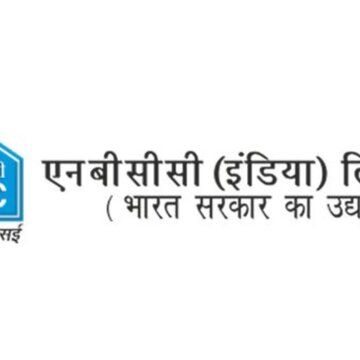The world of investment is steadily evolving, and if you did not know already, there is another world of investment funds lying in wait for you to explore. However, there are certain catches to the same.
What are AIFs?
Alternative Investment Funds (AIFs) are privately pooled investment vehicles that invest in non-traditional and specialised asset classes. AIFs are becoming a preferred route for those seeking diversification, professional fund management, and access to niche opportunities like SMEs, real estate, and private equity.
ALSO READ | Despite massive business loss, Swiggy's share price jumps
“Alternative Investment Funds are reshaping India’s wealth management landscape. AIF commitments have grown from ₹2.8 lakh crore in FY2019 to ₹12.4 lakh crore in FY2025, which is a fourfold rise. Category II AIFs, which include private equity, private debt, and unlisted strategies, lead this expansion, capturing almost 75% of total commitments and delivering an 83% CAGR over the past decade. The overall AIF industry has sustained a 31% CAGR over the last five years, even through COVID-19,” says Kresha Gupta, Fund Manager & Director, Steptrade Capital.
“Sophisticated HNIs now allocate 20 - 30% of their portfolios to alternatives, with this share set to rise to 35 - 40% in the coming decade. This marks a structural shift in capital deployment, with alternatives becoming a core portfolio pillar rather than a side allocation,” Gupta continued.
ALSO READ | Finally, China gives the green signal to supply rare earth magnets to India
These funds are regulated by SEBI (Alternative Investment Fund Regulations, 2012) as well as IFSC and are classified into three categories, i.e. CAT I, II, and III, each with distinct investment strategies, asset classes, and features.
Am I eligible to invest in an AIF?
SEBI has set some criteria for people who can invest in AIF, which are as follows:
- Individuals: Indian residents and non-resident Indians (NRIs)
- Companies and LLPs- incorporated entities seeking portfolio diversification
- Family offices, HUFs
- Institutional investors such as banks, insurance companies, pension funds, and endowments
What to keep in mind while investing in an AIF?
If you wish to delve into the world of AIFs, there are certain risks and important facts to be aware of:
High minimums and lock-in: Many AIFs require large investment sums and long holding horizons.
Illiquidity: Exit may not be easy, and valuations may be infrequent.
Risk profile: Because many invest in non-traditional assets, risk (including regulatory, execution, and market) is higher than typical equity or debt funds.
Transparency & fees: Make sure fund structure, fees (management + performance) and exit mechanisms are clear.
Regulatory changes: Keep a note of regulatory caps and due diligence rules – e.g., banks’ exposure to AIFs is now capped.
{News Ei Samay does not provide investment advice anywhere. Investment and trading in the share market or any field involve risk. Proper study and expert advice are recommended beforehand. This news is published for educational and awareness purposes.}











